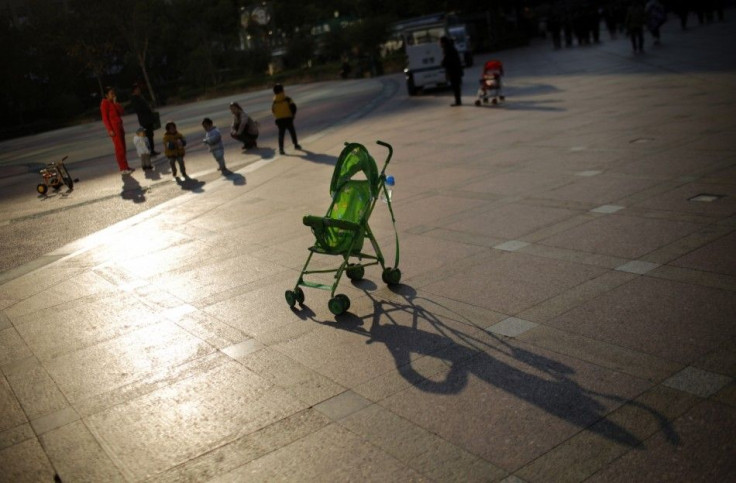Improving Work Conditions Increases Parents' Time With Their Children

A new study found that increasing family time and reducing work-family conflicts through a designed workplace intervention, called the Support-Transform-Achieve-Results (STAR), drastically improved the quality of family life of employed persons.
The research is part of the Work, Family and Health Network's evaluation of the impact a workplace intervention would have on the employees’ family lives. The intervention is designed to allow the employee to have more control over his schedule and reduce work-family conflict. It also supported behaviours that enhance the quality of the employees’ personal and family lives.
Kelly Davis, research assistant and professor of human development and family studies, stated that the findings of the research can change the structure of jobs and work organisation culture to support families. The intervention helped parents spend more time with their children while simultaneously keeping their work life stable.
The STAR intervention included training given to supervisors, so that they are more supportive of their employees’ personal and family lives. It also took into account the schedule and the control employees have over their work time. The new system changed the culture of the workplace to enciurage colleagues to become more supportive of one another. Towards the end, the programme also analysed the employees’ reported daily periods with their children before and after the experiment. They found that the parent-child time increased drastically by 39 minutes per day.
"Our study tested ideas from the work-home resource model, which holds that work demands can deplete parents' resources, including their time and energy, with negative effects on their family functioning. By contrast, increasing work resources can increase the resources parents use in their family lives," said Davis.
They also observed that the time with children differed greatly between fathers and mothers. Mothers reported spending more time with their children in comparison to fathers. This did not affect the work time in any way as both mother and father spend similar number of hours at work both before and after the programme. The study only revealed that mothers took advantage of the opportunities and support provided by the STAR intervention.
The research stated that a content and satisfied employee is also beneficial to the workplace as they work efficiently and more effectively.
The study is published in Pediatrics.
For comments/questions regarding the article, you may email the writer at samrichardson.ibtimes@gmail.com.






